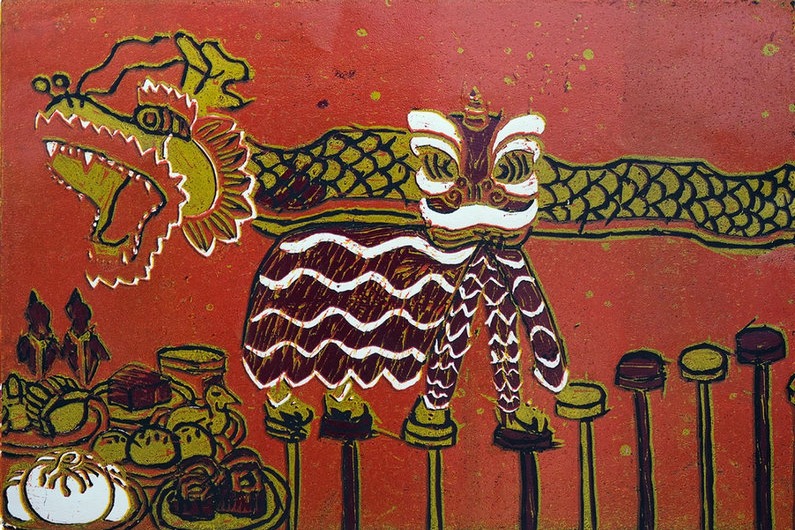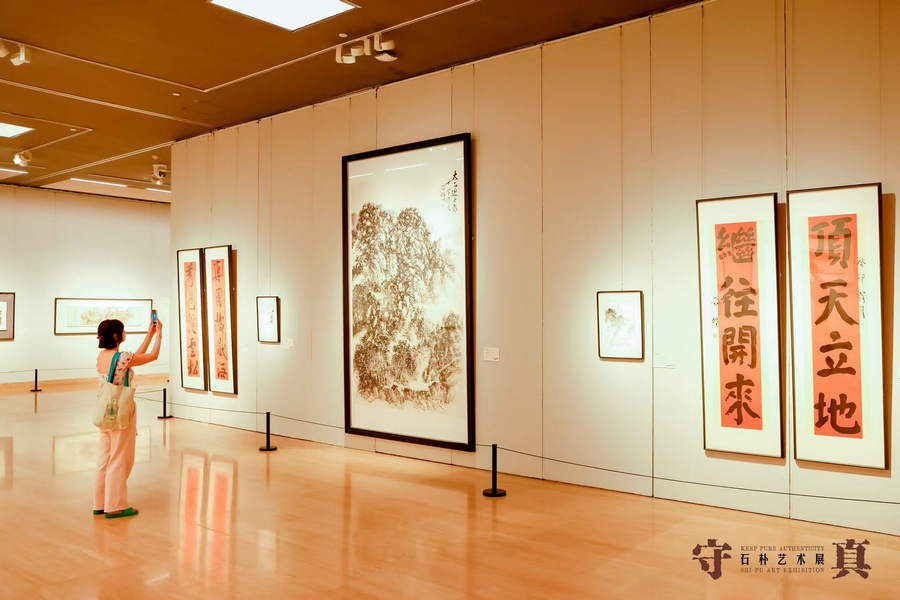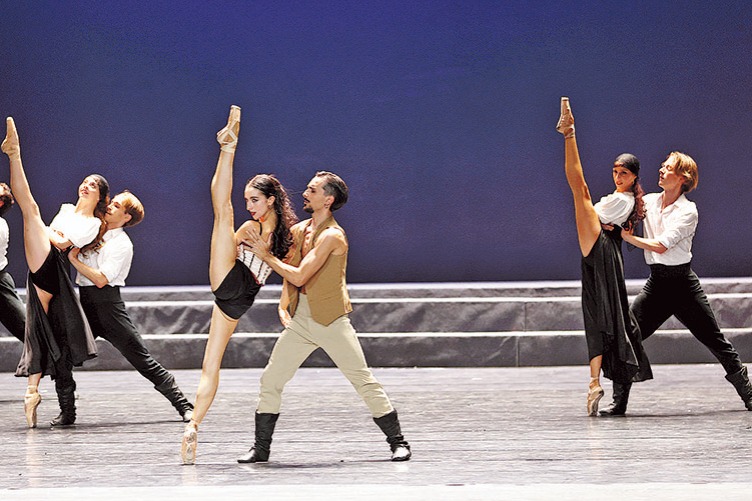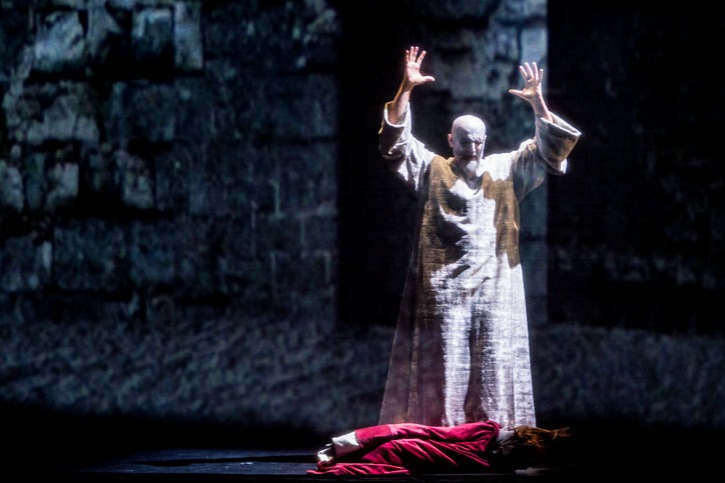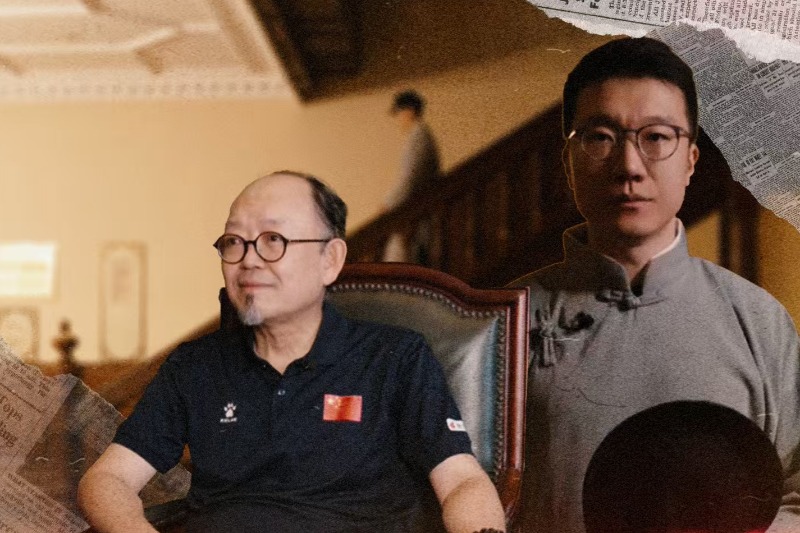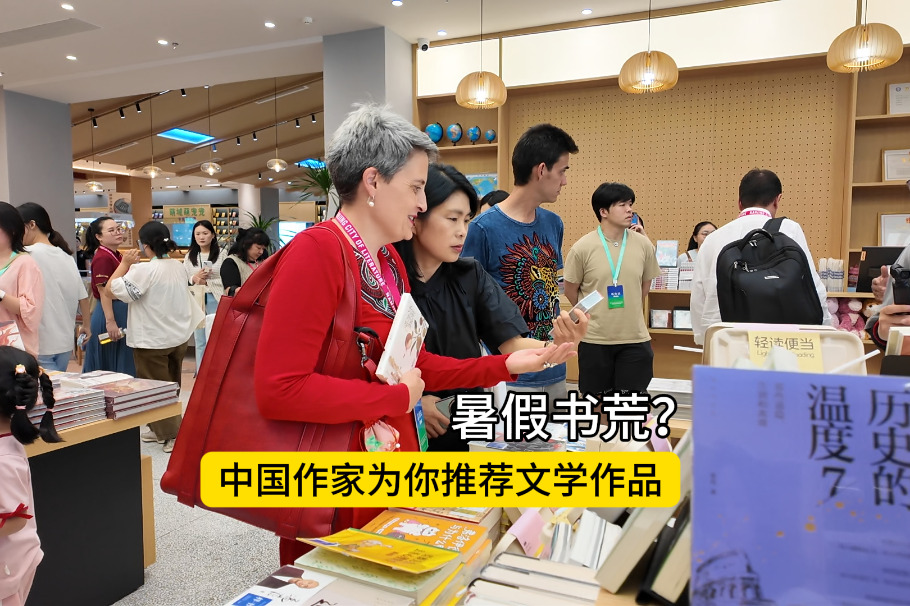Life lessons behind the music


"Fame came with its set of challenges. I was unsure of who I was beyond the public persona of a 'star'," she recalls.
A turning point came when, facing a severe leg injury and a stagnant career, Gong made a bold choice: she left Beijing, the city that had defined her career, and moved to the tranquil beauty of Dali, Yunnan province — a place where she could escape the pressures of fame and reconnect with herself. In Dali's simplicity, she found space for healing, both physically and emotionally.
In Dali, she sang every day, not just by herself, but also with neighbors who formed a choir, which performed at her Beijing concert.
She also reflects on her marriage to Robert Zollitsch, a German composer and musicologist.
Gong began singing at the age of 5 in her hometown, Guiyang, Guizhou province, in Southwest China. The musically versatile youngster enrolled to study folk music at the China Conservatory of Music in Beijing at 16. She held her first solo concert in 1999, and in 2000, won the second prize at the CCTV young singers Grand Prix, becoming a regular at major galas.
She met Zollitsch in 2002. Together, they explored new musical horizons. Zollitsch composed for Gong, and with his support, she left her secure position with a top traditional Chinese orchestra to pursue her own artistic voice.
One of the first songs they recorded was Free Bird. Inspiration came from breaking free from the constraints of traditional singing styles to pursue self-expression.
"I wanted to move beyond the established norms and structures of the conventional singing techniques I learned for decades. Instead, I embraced a more personal and authentic form of artistic expression," says Gong, who performed the song at the Aug 1 concert.
Their biggest hit was Tan Te (Unease), a song without lyrics, released in 2009.With Gong's powerful voice, wide vocal range and dramatic facial expressions, the song drew rave reviews, making Gong an internet sensation. They went on to release albums inspired by traditional Chinese poetry, with a goal of preserving the essence of traditional Chinese folk music in new forms. They also composed songs inspired by the 24 Solar Terms, a traditional Chinese calendar that summarizes different seasonal phenomena.
Five years ago, the pandemic separated them, prompting Gong to reflect on her artistic independence. Gradually, she realized she no longer needed to depend on anyone.
"When the fruit of love spoils, you must clean it up and perform surgery in time. Otherwise, all you'll be left with is broken pieces," she writes in the book. Through these reflections, she came to see love not as possession or control but as mutual growth and support.



















